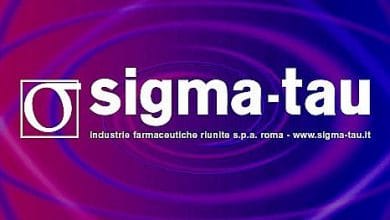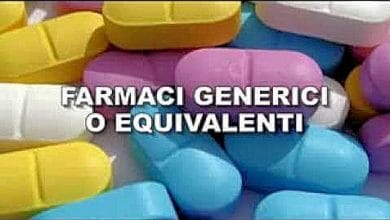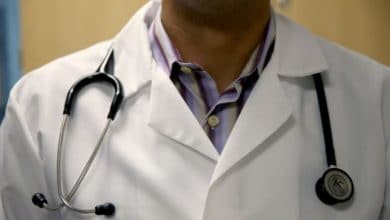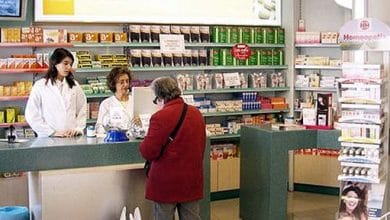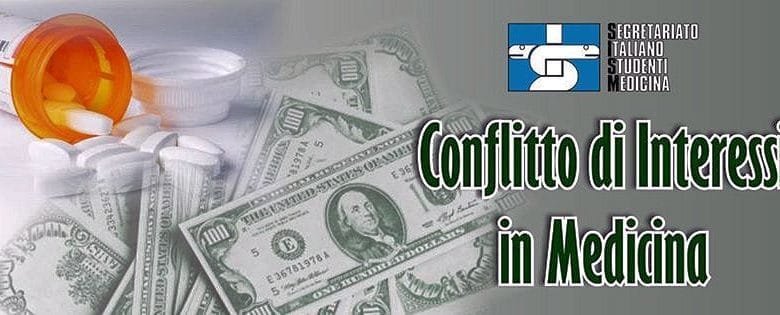
We don't talk about it anymore: doctors and industry. It has been known for a long time and repeatedly documented that the pharmaceutical, medical devices and healthcare equipment industries invest a lot of economic resources to inform/solicit/persuade doctors to prescribe their products.
Marco Bobbio, former Cardiology Director of the Santa Croce and Carle Hospital in Cuneo, Slow Medicine Board.
Scientific Thought. Published on Va' Pensiero n° 644
It has been known for some time and repeatedly documented that the pharmaceutical, medical aid and medical equipment industries invest a lot of economic resources to inform/solicit/persuade doctors to prescribe their products. So obvious that it no longer arouses even a wave of indignation, as happens with natural phenomena that disturb us, but we cannot avoid. As a result, it is no longer talked about. At least here in Italy, where we have been vaccinated by large-scale corruptive earthquakes. However, knowing how much the phenomenon involves the medical profession and how much it is able to influence the choices that affect the health expenditure of the National Health System and the health of patients is not irrelevant.
On 7 January last the New York Times publish an article on the costs of drug promotion in the United States. Since 2014, the federal government has forced healthcare-related industries to disclose payments to doctors and hospitals (Freedom of Information Act). While waiting for the official data, the article reports, as a sort of aperitif, the data provided by 17 industries, which made their funding public in 2013. This is 4 billion dollars which corresponds to approximately the 50% of the market.
By accessing the website ProPublica – Journalism for the Public Interest They are funding for doctors for promotional purposes, which can be obtained by Industry, by product, by doctor. Not bad to be able to read what the specialist who recommended a product to me has received from a certain Industry, the speaker who has neglected to illustrate the undesirable effects of a drug or the editorialist who does not seem impartial. For example, we could question the objectivity of the judgments of a Dr. Robert Takla who works in the Detroit area and who in 5 months received $75,000 from the company that produces a new anticoagulant, Brilique.
We Italians have to content ourselves with getting an idea of how doctors across the Atlantic are financed, but we can still obtain interesting information on the characteristics of the more "naughty" products. Scrolling the list, we observe that sums of money are not invested on truly innovative drugs in areas without specific treatments, but mainly on drugs that are substantially copies of others on the market, "redundant drugs" as defined by Dr. Joseph Ross, associate professor at Yale University .

In fact, which categories do the top 10 belong to? Three are antidiabetics, 3 oral anticoagulants, 2 for the treatment of chronic obstructive pulmonary disease, 1 for the treatment of schizophrenia and 1 for arthritis, pathologies for which numerous effective drugs are already on the market. However, it did not result in the top of the list of drugs for the treatment of hepatitis C or that significantly prolong life: these drugs "sell themselves" and there is no need to pay doctors to explain their usefulness to colleagues.
What are the 5 drugs on which the highest amounts have been invested in propaganda to doctors? Victoza (Liraglutide), a GLP-1 receptor antagonist, Eliquis (Apixaban) and Brilique (Ticagrelor), two anticoagulants that would replace warfarin and two drugs not yet on the market in Italy: an antidiabetic (Canagliflozin) and a antipsychotic (Larusidone). For each of the 5 drugs, between 9 and 7 million dollars were invested in the last 5 months of 2013, which is almost half of what was spent by the Intuitive to finance the doctors who have to divulge the wonders of the Da Vinci robot.
We must ask that a similar law on the transparency of funding for doctors be approved in Italy too, so that we too can know how much the promotion of each product is financed and who the most sponsored doctors are. Most doctors are not willing to put up with a progressive reduction in patient confidence due to the secrecy with which fees are distributed by the industries that rotate in the world of healthcare.
January 21, 2015

